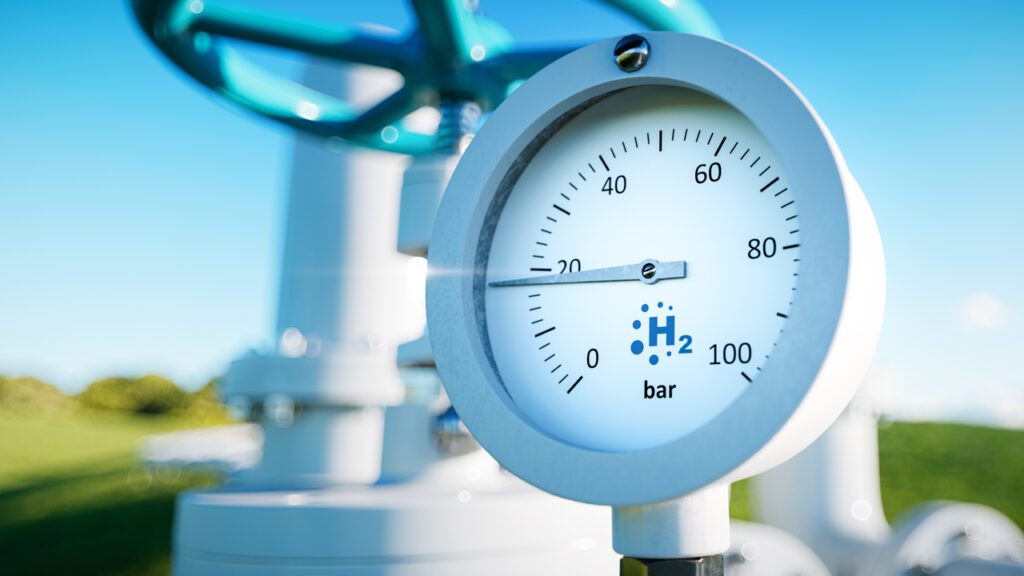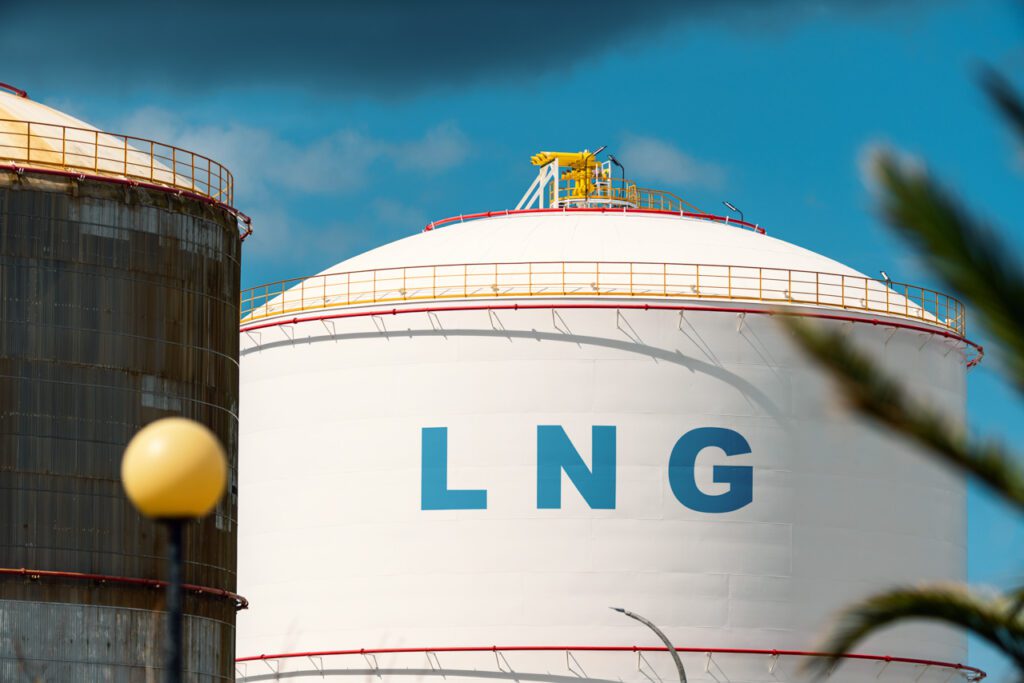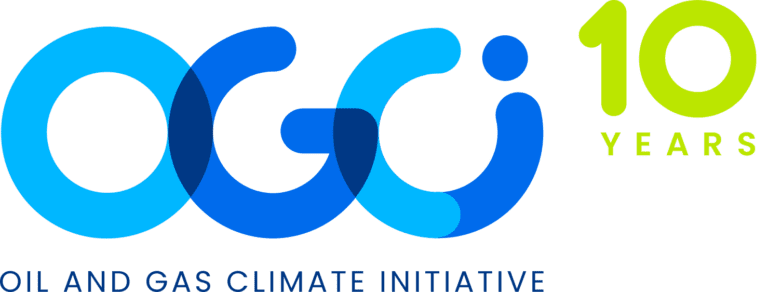One future US

One future is made up of 50+ member companies with the goal of less than 1% methane intensity by 2025 and is comprised of some of the largest natural gas production, gathering & boosting, processing, transmission & storage and distribution companies in the U.S. and represents more than 40% of the U.S. natural gas value […]
Veritas Protocols

Veritas’ technical protocols provide companies and countries with methane emissions reduction targets with a credible, consistent, verifiable, and transparent methodology to measuring methane emissions. These protocols provide a more streamlined, refined, and standardized approach to accurately measure methane emissions. This, in turn, supports reduction efforts of global methane emissions.
Documentation for OGMP 2.0 level 4 and level 5 methods

This document outlines the documentation requirements (list of information elements that a company should provide) for L4 and L5. For the most part, these have been described theoretically in implementation plans to date, but as companies transition into L4 and L5, UNEP will need a consistent basis to evaluate adherence to the TGD’s for the […]
Voluntary emissions reduction initiatives in 2023

Voluntary Emissions Reduction Initiatives for the Oil & Gas Industry is for anyone who values responsible energy. This 2023 third edition updates existing and new programs, totalling 24 voluntary initiatives now available to the energy industry across the supply chain. New developments are highlighted as well as trends towards the use of shared methodologies and […]
Guidelines for measurement, reporting and verification of GHG emission reductions in JBIC GREEN operation

The document provides guidelines for Japan’s Measurement, Reporting, and Verification (JMRV) framework to quantify and track greenhouse gas (GHG) emissions reductions. It outlines methodologies for data collection, emission calculations, and monitoring processes. The framework aims to ensure transparency, accuracy, and consistency in reporting, with sections detailing project-level emission assessments, sector-specific protocols, and verification standards.
Coalition for LNG emission abatement toward net zero

The Coalition for LNG Emission Abatement toward Net-zero (CLEAN) project, is a collaborative international initiative focused on reducing greenhouse gas (GHG) emissions, particularly methane, across the LNG value chain. It is supported by the United States, South Korea, Australia, the European Commission, and Japan, and co-hosted by Japan’s Ministry of Economy, Trade, and Industry (METI) […]
ASEAN energy sector methane leadership program

Launched at Energy Asia 2023 in Kuala Lumpur on June 26, 2023, the MLP spans 18 months and concentrates on fostering effective methane emission management in the ASEAN O&G industry. It aims to support the Global Methane Pledge 2030 through regional collaboration, technology transfer, networking, knowledge sharing, and capacity building among oil and gas companies, […]
Coalition for LNG emission abatement toward net zero – Annual Report

The first annual report of the CLEAN Initiative published in 2024 highlights best practices based on LNG buyers’ questionnaires to sellers regarding methane emission reductions. The initiative has gained strong support from governments, international organizations, and energy companies, with plans to expand participation in the coming year. It showcases efforts to reduce emissions across the […]
EU CSRD: EU Sustainability Reporting Standards

Standards for companies subject to the Corporate Sustainability Reporting Directive (CSRD). The standards cover the full range of environmental, social, and governance issues, including climate change, biodiversity and human rights. They provide information for investors to understand the sustainability impact of the companies in which they invest. They also take account of discussions with the […]
Reducing GHG emissions from the US natural gas supply chain

The study’s research charts a course forward to meaningfully reduce emissions from the natural gas system, contributing significantly to the United States’ ability to achieve its climate goals. The report concludes that through the implementation of existing policies, voluntary commitments, technologies, and market mechanisms, a 63% reduction in methane emissions can be achieved by 2030. […]
